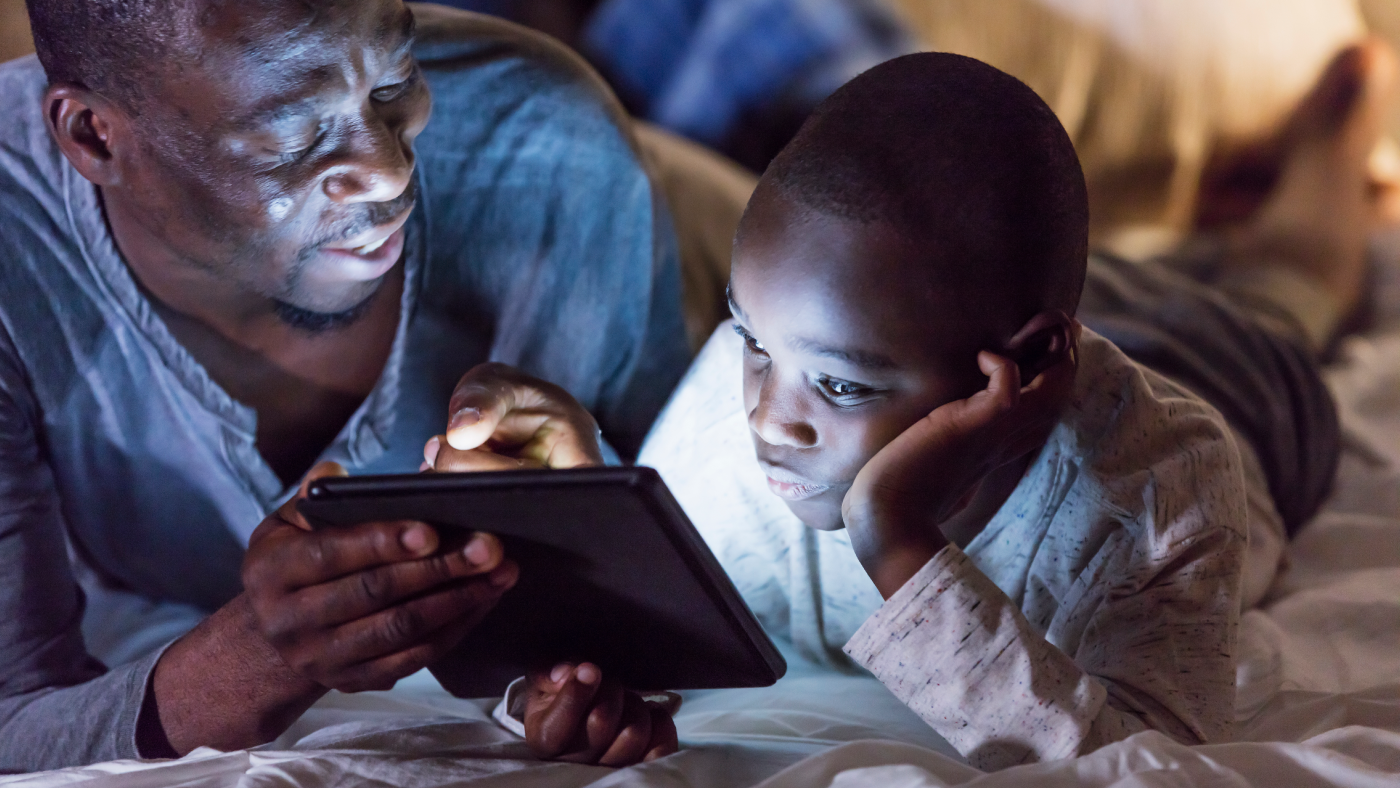
Sharing and on-demand services attract a small but active group of ‘super users’
The sharing and on-demand economy has grown in the U.S., and some Americans are “super users”: 7% have used six or more shared and on-demand online services.
The sharing and on-demand economy has grown in the U.S., and some Americans are “super users”: 7% have used six or more shared and on-demand online services.
The new findings covered the latest library-usage trends, book-reading trends, and insights into the ways more and more Americans hope libraries will offer community-oriented and educational services.
Workers turn to social media for a range of reasons while at work, with taking a mental break and connecting with friends and family being among the most common.
The past year brought pressures to America’s newspaper newsrooms not seen since the Great Recession. From broadcast to print to digital and more, this year’s annual report takes stock of the state of the news media.
A majority of Americans get news on social media, including 18% who do so often. News plays a varying role across the nine social networking sites studied.
We looked at the role of news on the site and how users were discussing the presidential candidates in the lead-up to the primaries. Here are 5 key findings.
We interviewed Arun Sundararajan, a professor of information, operations and management sciences at New York University, and a leading expert on the sharing economy. Sundararajan is the author of the recently released book “The Sharing Economy: The End of Employment and the Rise of Crowd-Based Capitalism.”
In our survey, we asked respondents who had heard of the sharing economy to tell us – in their own words – how they would describe the term.
Digital technology has ushered in a slew of new shared, collaborative and on-demand online services ranging from virtual marketplaces to home sharing. Our report examines the scope and impact of these services.
The sharing economy and on-demand services are weaving their way into the lives of many Americans, raising difficult issues around jobs, regulation and the potential emergence of a new digital divide.

Roughly four-in-ten Americans have experienced online harassment. Growing shares face more severe online abuse such as sexual harassment or stalking.
Two-thirds of parents in the U.S. say parenting is harder today than it was 20 years ago, with many citing technologies, like social media or smartphones, as a reason.
From distractions to jealousy, how Americans navigate cellphones and social media in their romantic relationships.
Majorities of U.S. adults believe their personal data is less secure now, that data collection poses more risks than benefits, and that it is not possible to go through daily life without being tracked.











